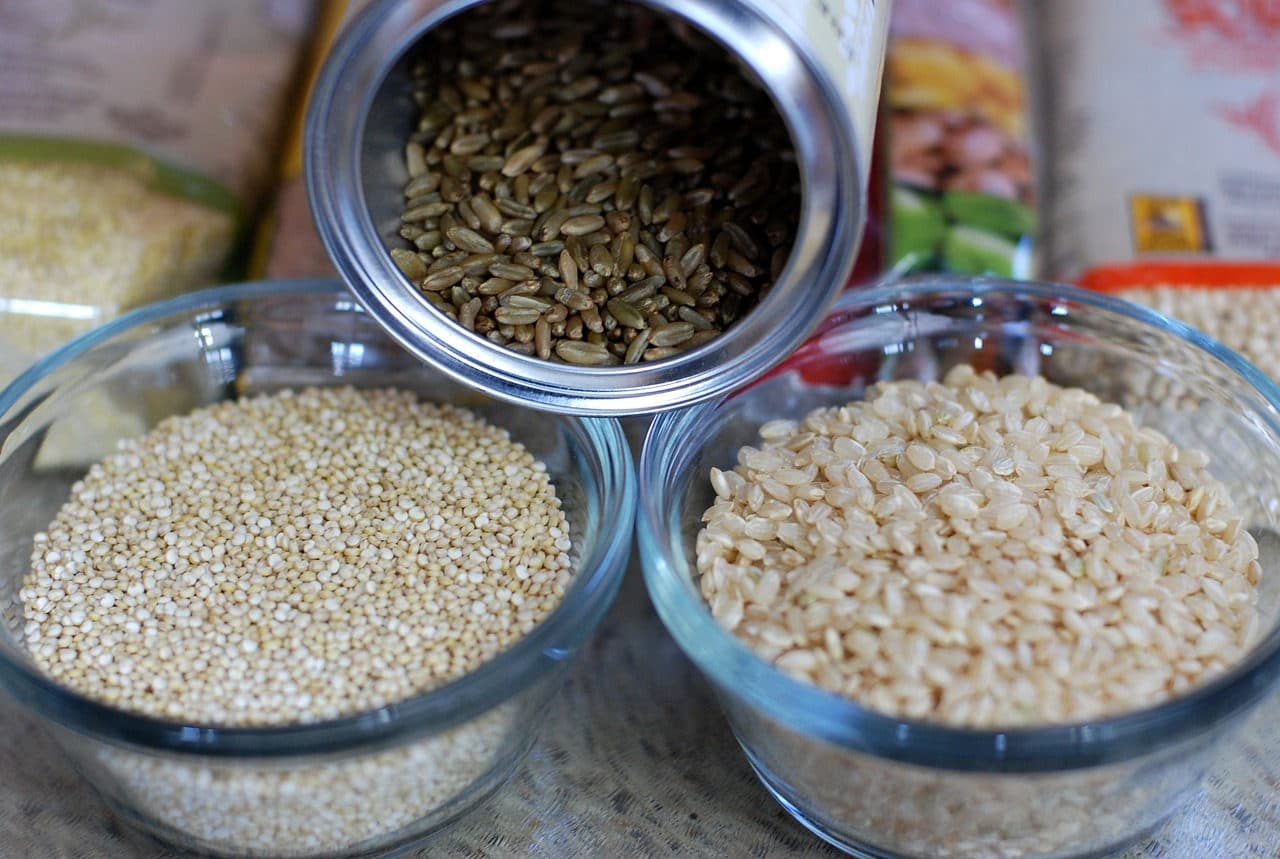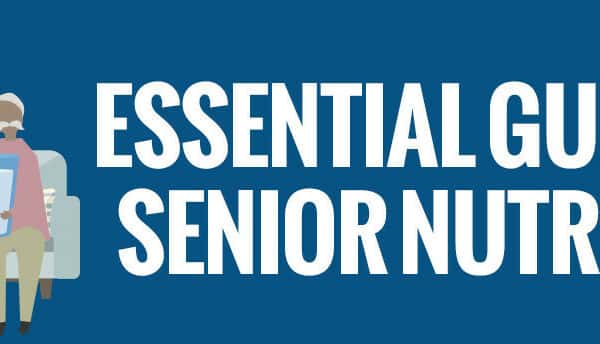
Good nutrition lays the foundation for a vibrant senior lifestyle, and fiber stands out as a key player. Often overshadowed by flashier nutrients, fiber’s role in maintaining digestive health, managing weight, and controlling chronic conditions is unparalleled for seniors. Avalina Senior Living recognizes this unsung hero of the dietary world, emphasizing its inclusion for a balanced, healthful aging process.
Understanding Dietary Fiber
Dietary fiber, the indigestible part of plant foods, splits into two main types: soluble and insoluble. Soluble fiber dissolves in water to form a gel-like substance, aiding in cholesterol and glucose regulation. Insoluble fiber, on the other hand, adds bulk to the stool and facilitates its passage, promoting regular bowel movements. Both types are crucial for optimal health, especially in the golden years.
The Importance of Fiber in Senior Nutrition
As we age, our bodies undergo various changes, including in the digestive system. A fiber-rich diet becomes paramount in mitigating these changes, preventing common issues like constipation. Beyond digestion, fiber’s reach extends to battling chronic conditions prevalent in later life. Its role in heart health, diabetes management, and even some forms of cancer prevention is well-documented, making it a cornerstone of senior nutritional needs.
 Health Benefits of Dietary Fiber for Seniors
Health Benefits of Dietary Fiber for Seniors
Fiber’s role in senior health extends beyond basic digestive support to encompass a range of benefits vital for maintaining wellness in later years.
Key health advantages include:
- Digestive Health: By normalizing bowel movements, fiber helps prevent the discomfort of constipation and maintains a healthy digestive tract.
- Weight Management: High-fiber foods are more filling, which can help prevent overeating and contribute to maintaining a healthy weight.
- Blood Sugar Control: Fiber, particularly soluble fiber, can slow the absorption of sugar, helping to control blood sugar levels. This is particularly beneficial for seniors managing diabetes.
- Cholesterol Management: Soluble fiber has been shown to reduce low-density lipoprotein (LDL), or “bad” cholesterol levels, contributing to cardiovascular health.
Through these varied benefits, fiber stands out as a crucial nutrient in the senior diet, aligning with Avalina Senior Living’s focus on comprehensive health and well-being.
Recommended Daily Fiber Intake for Seniors
Navigating the dietary needs of seniors, fiber intake emerges as a critical component. Health experts recommend that women over 50 aim for 21 grams of fiber per day, while men in the same age group should target 30 grams. These guidelines, however, are not one-size-fits-all; they vary based on individual health conditions, activity levels, and dietary restrictions. We place a strong emphasis on personalizing dietary plans to meet these unique needs, ensuring that each resident receives the right balance of nutrients, including fiber, for optimal health.
 Best Sources of Dietary Fiber
Best Sources of Dietary Fiber
Incorporating fiber into a senior’s diet doesn’t have to be a puzzle. A variety of delicious and nutritious foods offer an ample supply of this essential nutrient.
Top fiber-rich choices include:
- Fruits: Apples, berries, and oranges are not only flavorful but also packed with fiber.
- Vegetables: Leafy greens, carrots, and broccoli provide a fiber boost along with essential vitamins and minerals.
- Whole Grains: Oats, barley, and quinoa are hearty options that keep the digestive system running smoothly.
- Legumes and Beans: Black beans, lentils, and chickpeas are versatile and fiber-dense, perfect for soups, salads, and more.
- Nuts and Seeds: Almonds, chia seeds, and flaxseeds add crunch and fiber to any meal or snack.
Avalina Senior Living encourages a varied diet that includes these fiber-rich foods, promoting not just digestive health but overall well-being for seniors.
Read Also: Nutritional Powerhouses: Top Superfoods for Seniors
Practical Tips for Incorporating More Fiber into a Senior’s Diet
Boosting fiber intake for seniors can be simple and seamless with a few practical strategies. It’s important to start slowly, allowing the body to adjust, and to pair increased fiber with plenty of fluids to aid digestion.
Here are some effective tips:
- Start Slowly: Gradually increase fiber to avoid digestive discomfort.
- Stay Hydrated: Drink plenty of water to stay hydrated and help fiber do its job.
- Creative Cooking: Add beans to soups, sprinkle berries on cereal, or mix flaxseed into yogurt.
- Fiber Supplements: If necessary, consider supplements, but consult a healthcare provider first.
Fiber stands as a cornerstone of senior nutrition, with its extensive benefits ranging from improved digestive health to chronic disease management. By emphasizing a diet rich in fruits, vegetables, whole grains, and legumes, Avalina Senior Living ensures residents receive the fiber they need for optimal well-being. Tailoring these dietary choices to individual preferences and health requirements further enhances the quality of life for seniors, making fiber an integral part of their daily nutrition.




